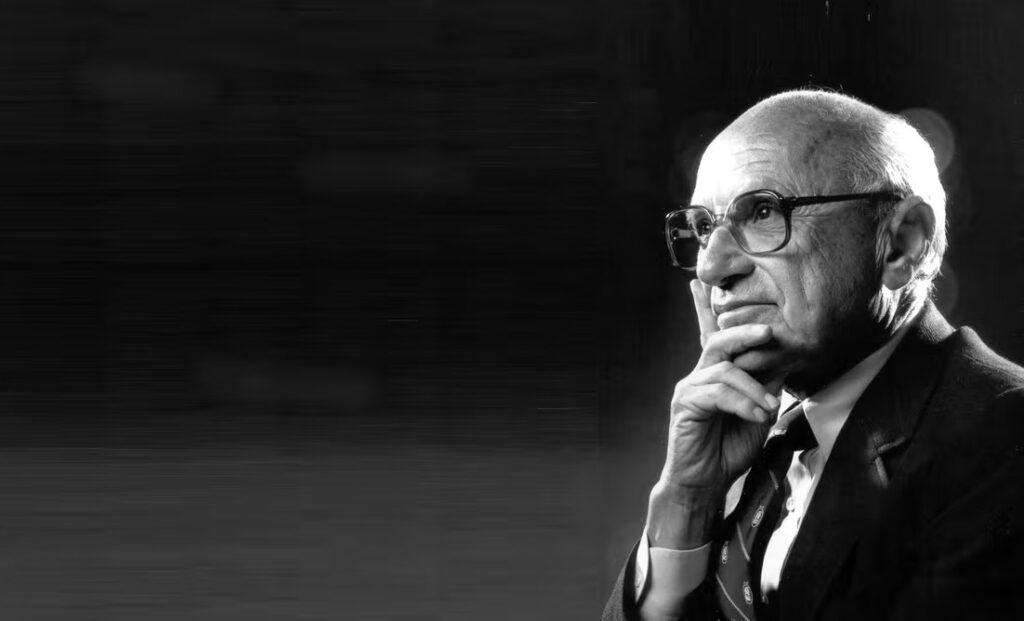How “Selling Your Soul” Went Secular

For more than two thousand years, the idea of “selling your soul” has generated a moral shock in the Western world. Only by recognizing the long history of “selling your soul” can we understand why a famously anti-religious thinker like Marx would end up quoting from Genesis in this manner.
The Democratic Farmer-Labor Party’s Enduring Lessons for Contemporary Politics

Rudi Mucaj looks at the religious influences shaping the Democratic Farm Labor Party and progressive politics in the Midwest.
Following Jesus at the End of Empire

Roberto Che Espinoza, a Trans activist, theologian, and pastor reflects on what Alfred, New York, has taught him about following Jesus at the end of the US empire and amid the political crises of a second Trump presidency.
Advancing the Socialism of the Gospel During a Second Trump Term

The road to beating Trumpism and displacing failed liberalism lies through a rebuilding of multiracial working-class solidarity.
“The Most Deceitful One”: Douglass on White Piety and American Christianity

William Horne examines Frederick Douglass’ critique of White piety in US American Christianity.
Politics and Religion in Election Year 2024

“These two developments in labor and religion would be misunderstood if they were seen primarily as matters of party politics,” writes Joerg Rieger in a reflection on the upcoming 2024 Presidential Election.
Cataloging the Zines of the Christian Left

Jeromiah Taylor profiles The Anvil Library, a digital collection and curation of radical Christian zines, in search of strategies for embodying the ideals of the Christian left.
The Meaning of Poetry in the Modern World

Matt McManus reviews the colossal new book by philosopher Charles Taylor, “Cosmic Connections: Poetry in the Age of Disenchantment,” a messy and beautiful exploration of the attempt made by modern poets to find meaning amidst the modern world.
The Political Theology of Milton Friedman

Milton Friedman’s ideas continue to exercise a profound influence on our political and economic imagination. On the sixtieth anniversary of Capitalism and Freedom, Adam Kotsko explores the uncanny relationship between Friedman’s neoliberalism and Christian theology.